Opioid prescription patterns among sleep surgeons in the U.S. remained stable from 2013 to 2021; surgeons with longer tenures exhibited higher rates of opioid prescribing during this time.
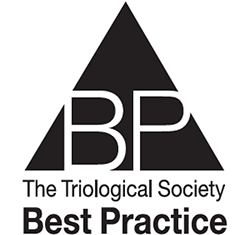
What Are the Predictors of Success with Hypoglossal Nerve Stimulation?
HNS was approved by the U.S. Food and Drug Administration in 2014 as a treatment option for patients with moderate to severe OSA who cannot tolerate CPAP.
Tirzepatide Reduces Sleep Impairment and Cardiovascular Risk Factors in Patients with Moderate-to-Severe OSA
In two trials, participants with OSA and obesity who received tirzepatide had a clinically meaningful change in sleep-disordered breathing and alleviation of perceived sleep disturbance and sleep-related impairment, as well as reductions in common OSA-related cardiovascular risk factors.

Where Does Hypoglossal Nerve Stimulator Implant Fit in the Surgical Management Algorithm of Obstructive Sleep Apnea?
Hypoglossal Nerve Stimulator therapy is an effective and safe surgical option for patients with moderate to severe OSA who cannot tolerate PAP therapy.
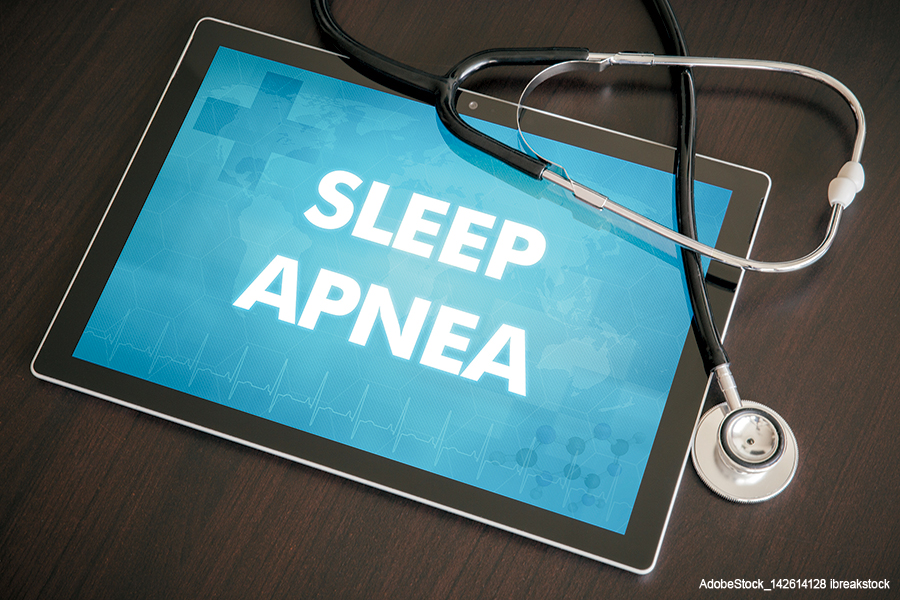
Tirzepatide Makes a Big Splash, but What Else is on the Horizon for OSA?
When it comes to drug therapy most of the recent buzz has been triggered by data on tirzepatide released at the American Diabetes Association 84th Scientific Sessions, suggesting that the drug may obviate the need for continuous positive airway pressure (CPAP) in nearly half of OSA patients.
Propofol Application Rate Pattern Found Suitable for Performing Sedation-Controlled DISE in Patients with Obstructive Sleep Apnea and/or Snoring
What are the influences of different rates of propofol application on the achieved depth and length of the sedation course during drug-induced endoscopy (DISE)?
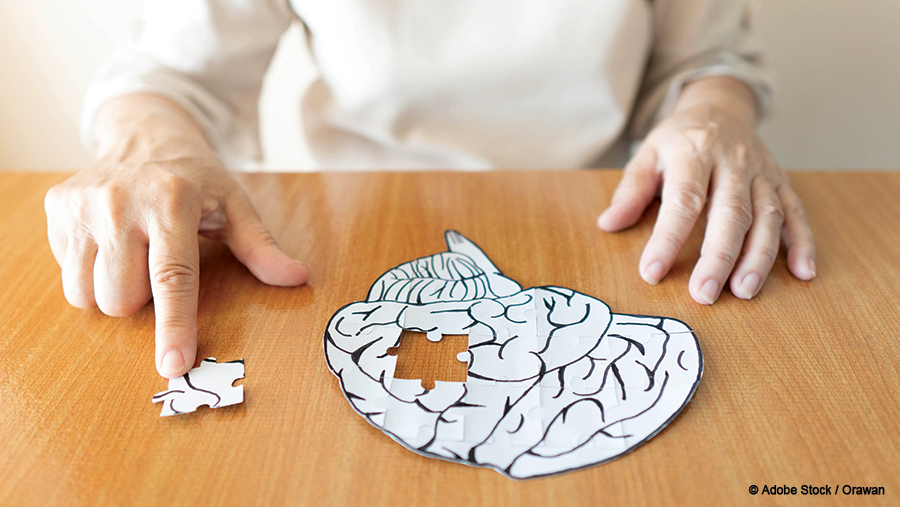
Sleep Apnea Symptoms May Be Linked to Problems with Memory and Thinking Abilities
A new preliminary study at the American Academy of Neurology’s 76th Annual Meeting in Denver showed a positive association between sleep apnea and cognitive decline
Identifying and Managing Sensing Lead Malfunction in Upper Airway Stimulation Devices
Identifying and managing sensing lead malfunction in upper airway stimulation devices using the Inspire Medical Systems’ upper airway stimulation (UAS) device to treat patients with moderate to severe obstructive sleep apnea (OSA), to necessitate revision surgery.
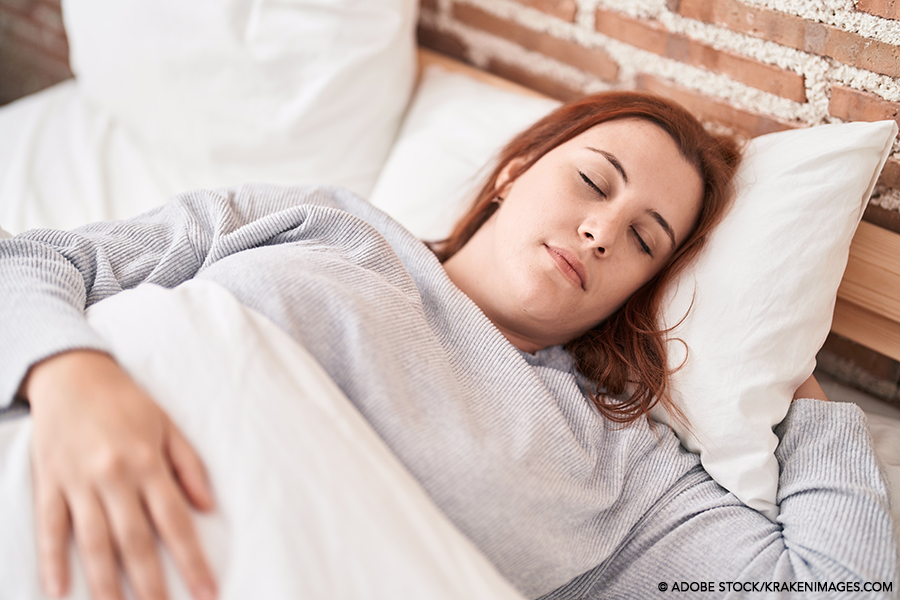
Sleep Position, BMI May Affect Hypoglossal Nerve Stimulation Success
While hypoglossal nerve stimulation can be effective for treating obstructive sleep apnea, factors such as weight and sleep position can decrease its effectiveness
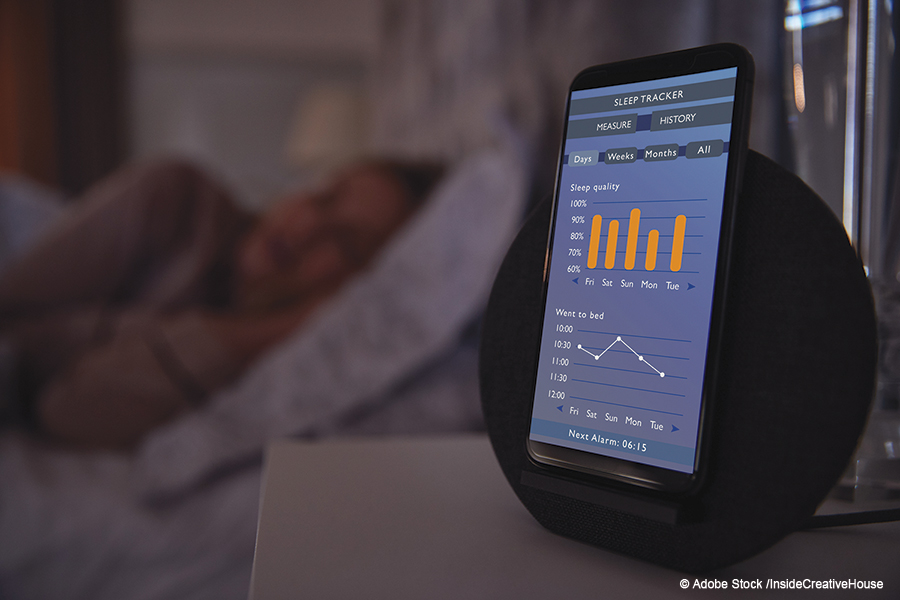
Experts Discuss Technological Advancements In Sleep Disorder Management
Technological advancements aim to improve sleep positioning. In addition to pillows, belts, and other supports to encourage side sleeping, vibrotactile devices worn around the chest or neck can sense when someone is sleeping on their back and use a gentle but persistent vibration to remind people to change their position.
- 1
- 2
- 3
- …
- 13
- Next Page »